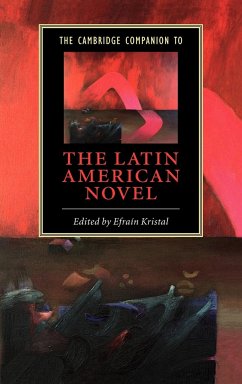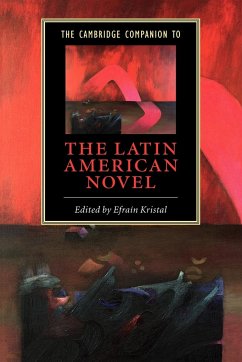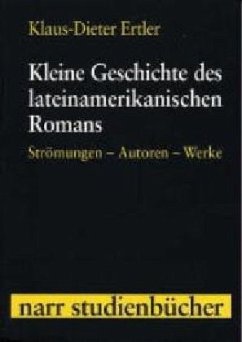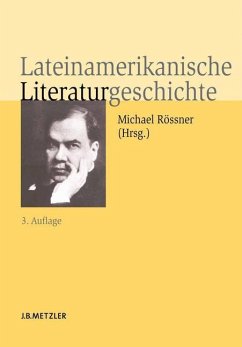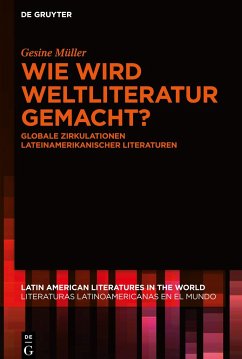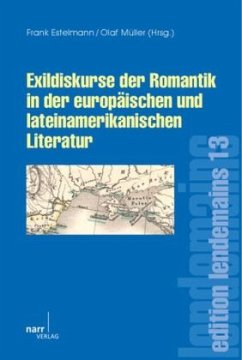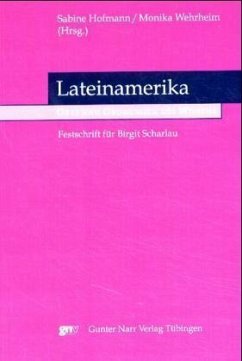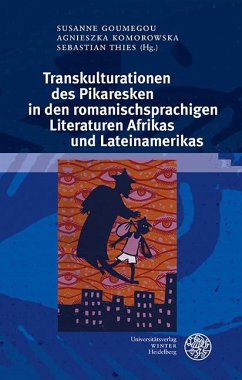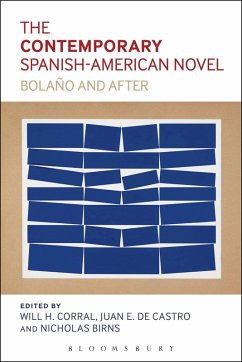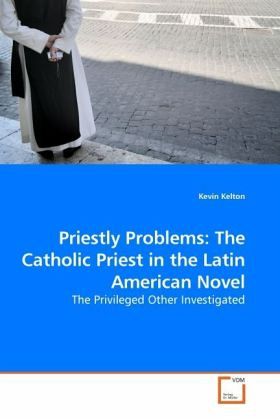
Priestly Problems: The Catholic Priest in the Latin American Novel
The Privileged Other Investigated
Versandkostenfrei!
Versandfertig in 6-10 Tagen
52,99 €
inkl. MwSt.

PAYBACK Punkte
26 °P sammeln!
After decades of upheaval, the Roman Catholic Church is returning to an emphasis on traditions which have given it stability throughout the centuries. At the center of its institutional articulation is the figure of the priest, its foot soldier. The Church has constructed the priest figure through discourses which are examined here for how they have been used for socio-political ends in contemporary Latin American novels.Using the psychoanalytic theory of Lacan, the term "privileged other" is developed to explore the priest's unique status and his articulation of the "Law of the Father" is app...
After decades of upheaval, the Roman Catholic Church is returning to an emphasis on traditions which have given it stability throughout the centuries. At the center of its institutional articulation is the figure of the priest, its foot soldier. The Church has constructed the priest figure through discourses which are examined here for how they have been used for socio-political ends in contemporary Latin American novels.Using the psychoanalytic theory of Lacan, the term "privileged other" is developed to explore the priest's unique status and his articulation of the "Law of the Father" is applied along with Foucault's discourse theory to examine cultural notions of the priest as they interact with other discourses. How the conflict of the priestly otherness plays out is at the core of this book and is central to understanding the standing of the Catholic Church in the world today as it clings to its traditional notions. This work explores how that difference drives the narrativein a number of novels in the twentieth century in Latin America. This book forms a bridge between scholars, the lived reality of the faithful, and fans of Latin American literature.



